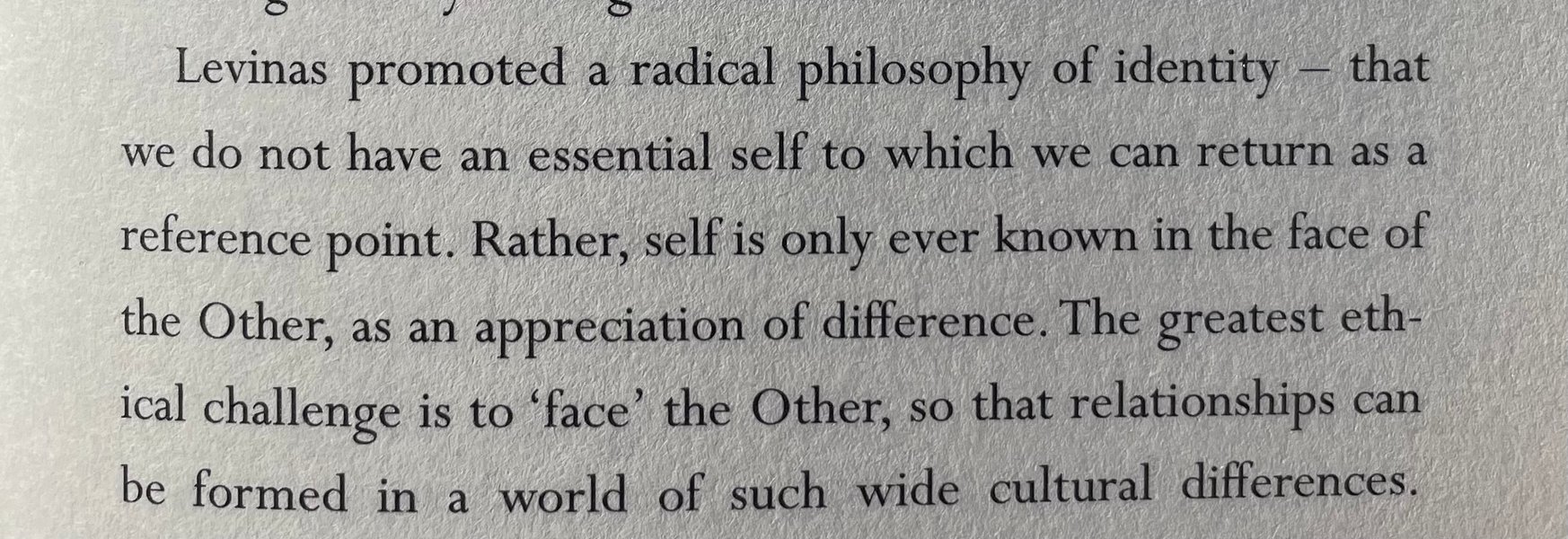Sublime
An inspiration engine for ideas
Dialectical thought is in some ways the opposite of logical thought. It seeks not to decontextualize but to see things in their appropriate contexts: Events do not occur in isolation from other events, but are always embedded in a meaningful whole in which the elements are constantly changing and rearranging themselves. To think about an object or
... See moreJason Gregory • Effortless Living: Wu-Wei and the Spontaneous State of Natural Harmony
Gramsci described the dialectic I am reaching for when he said we should practise pessimism of the intellect and optimism of the will, a disjunction that will only work if both ends of the dialectic stay in touch with each other.
Richard Holloway • Stories We Tell Ourselves: Making Meaning in a Meaningless Universe
Dialectic
podcasts.apple.comEssentially, there is one right answer.
Dialogic conversation, on the other hand, isn’t about reaching a consensus. It’s about an... See more
john v willshire • The Dialogic Brand
Unlike the Hegelian dialectic, the conception of dialogical transcendence is not one of synthesis, sublation and supercession (aufheben) of contradictions. Rather, in the mode of circulatory transformations, it is one of exchange, competition, coexistence and partial absorption often under the sign of denial.
Prasenjit Duara • The Crisis of Global Modernity: Asian Traditions and a Sustainable Future (Asian Connections)

tips to embrace dialectical thinking
soften extreme language
replace “always/never” with “sometimes”
instead of “i’m a failure,” try “sometimes i fail, and sometimes i succeed”
instead of “you never listen to me,” try “you’re not listening to me right now”
replace “but” with “and”
instead of “i understand your point, but i disagree with you,” try “i
